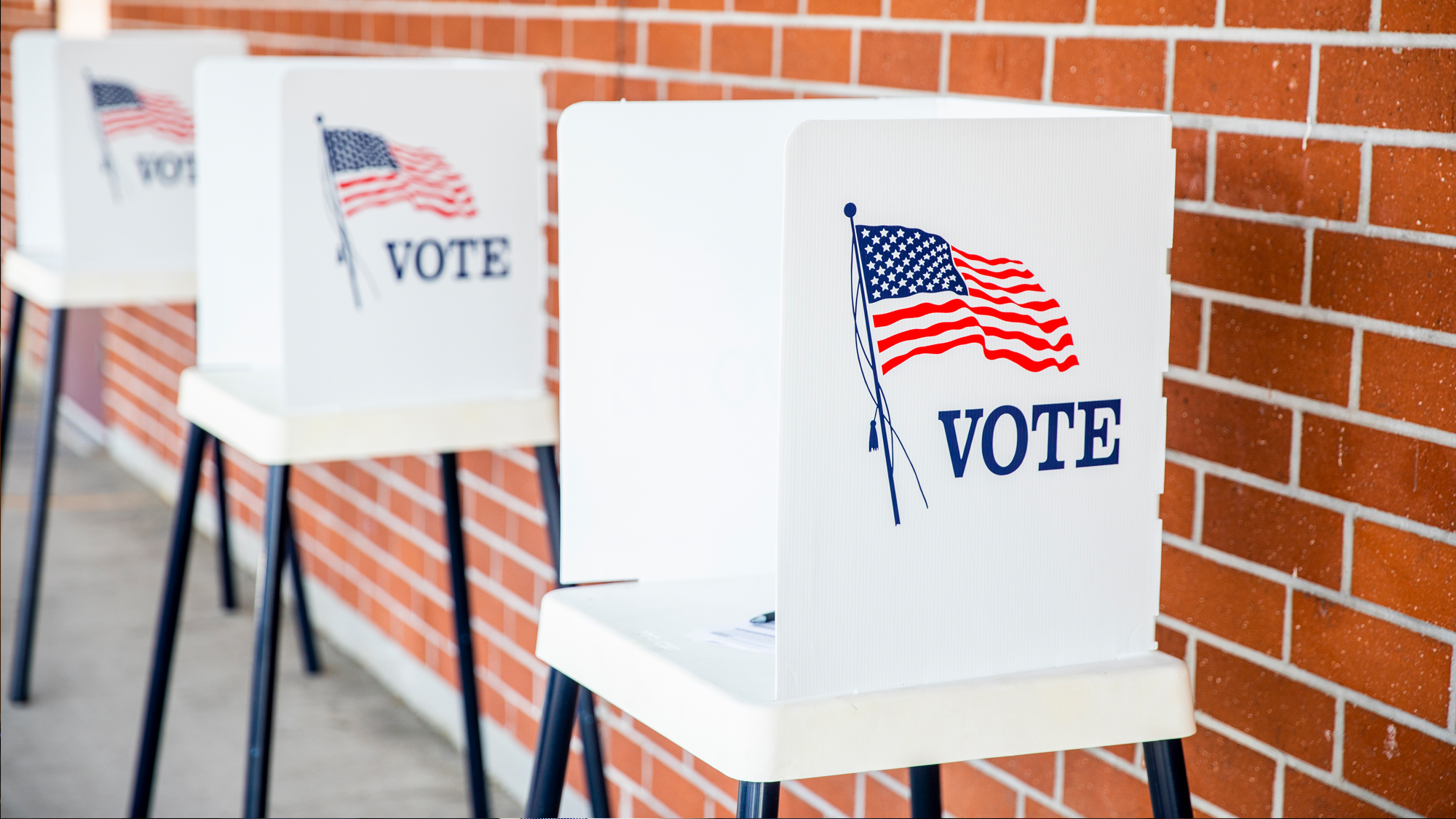No political victory lasts
Why the party that loses in November will rise again


A free daily email with the biggest news stories of the day – and the best features from TheWeek.com
You are now subscribed
Your newsletter sign-up was successful
You feel your political tribe is losing, don't you? Nearly all Americans share that perception, regardless of whether they identify as Republicans, Democrats, or independents — or even if they don't much follow politics at all. This "bipartisan pessimism" has a substantial basis in reality, says David Lauter in the Los Angeles Times. Conservatives are, in fact, losing the culture war, as American society becomes increasingly secular and multicultural, church attendance dwindles, acceptance of gay and lesbian rights grows, and working women choose smaller families or no children at all. Progressives quite accurately feel powerless to stop conservative Supreme Court justices from rolling back reproductive freedoms, making deadly weapons even easier to get, weakening environmental and business regulations, and authorizing Republican state legislatures to use extreme gerrymandering to maintain power. As Election Day looms, both presidential candidates are warning that their defeat would trigger an existential crisis for America.
But let's zoom out a bit. Democrats often felt dejected and shut out of power during the presidencies of Ronald Reagan, George H.W. Bush, and George W. Bush. Republicans wondered if they'd win another national election when Franklin D. Roosevelt, Bill Clinton, and Barack Obama dominated Washington. American politics has always been a swinging pendulum, an arc of action and reaction. That's why Supreme Court Justice Samuel Alito was wrong when he was recently taped saying of the culture war, "One side or the other is going to win." In a democracy, one side wins temporarily — until the next election, or until death reshapes the Supreme Court. Roe seemed like a final liberal victory until it was reversed 50 years later, but the fulfillment of that conservative dream has cost Republicans dearly at the polls — and the overall number of abortions has gone up. On Nov. 6, roughly 45 percent of Americans will feel crushed, frightened, and angry. But defeat will contain the seeds of future victory — albeit a temporary one.
This is the editor's letter in the current issue of The Week magazine.
The Week
Escape your echo chamber. Get the facts behind the news, plus analysis from multiple perspectives.

Sign up for The Week's Free Newsletters
From our morning news briefing to a weekly Good News Newsletter, get the best of The Week delivered directly to your inbox.
From our morning news briefing to a weekly Good News Newsletter, get the best of The Week delivered directly to your inbox.
A free daily email with the biggest news stories of the day – and the best features from TheWeek.com
William Falk is editor-in-chief of The Week, and has held that role since the magazine's first issue in 2001. He has previously been a reporter, columnist, and editor at the Gannett Westchester Newspapers and at Newsday, where he was part of two reporting teams that won Pulitzer Prizes.
